There is a lot of terminologies that get thrown around in Magic The Gathering and after years of playing the game, this is one question I get asked a lot by new players to the game.
It’s no surprise either. With the number of death triggers we see on newer printed cards, understanding whether there is a difference between “sacrifice” or “dying” could really change your approach to any given situation on the game’s battlefield.
In Magic The Gathering, “sacrifice” does count as “dying”. When a permanent or a creature is sacrificed, it is sent to the graveyard. Any moment of a creature changing zones that includes a card leaving the battlefield zone and going directly to the graveyard zone is considered as dying.
That sounds simple enough, but Magic is anything but simple.
If you still aren’t 100% sure on how sacrificing a creature might impact your game of Magic, don’t worry, I’ll run through some common situations and examples below that you are bound to run into during your MTG playing journey.
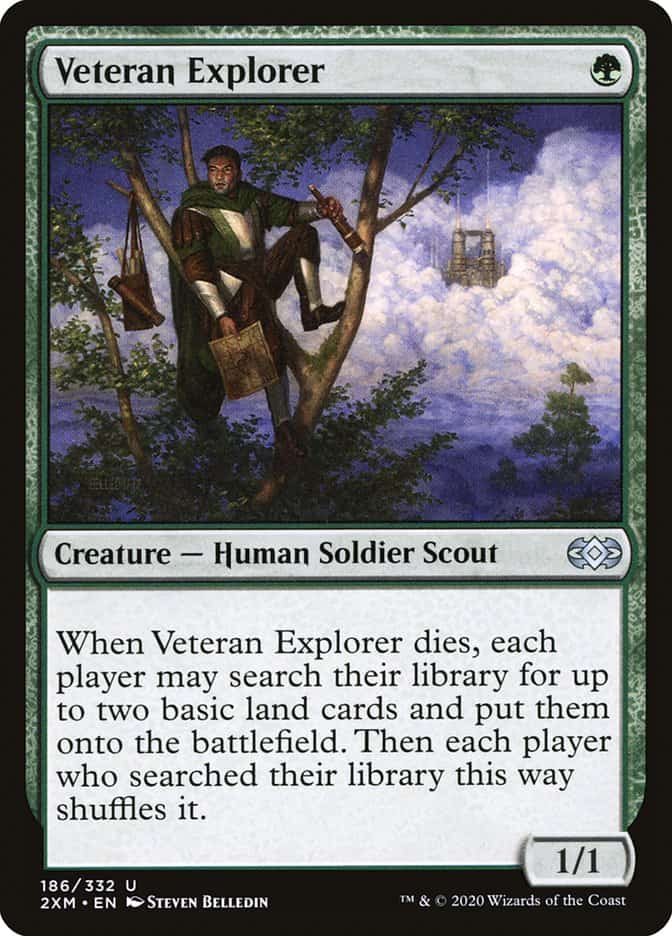
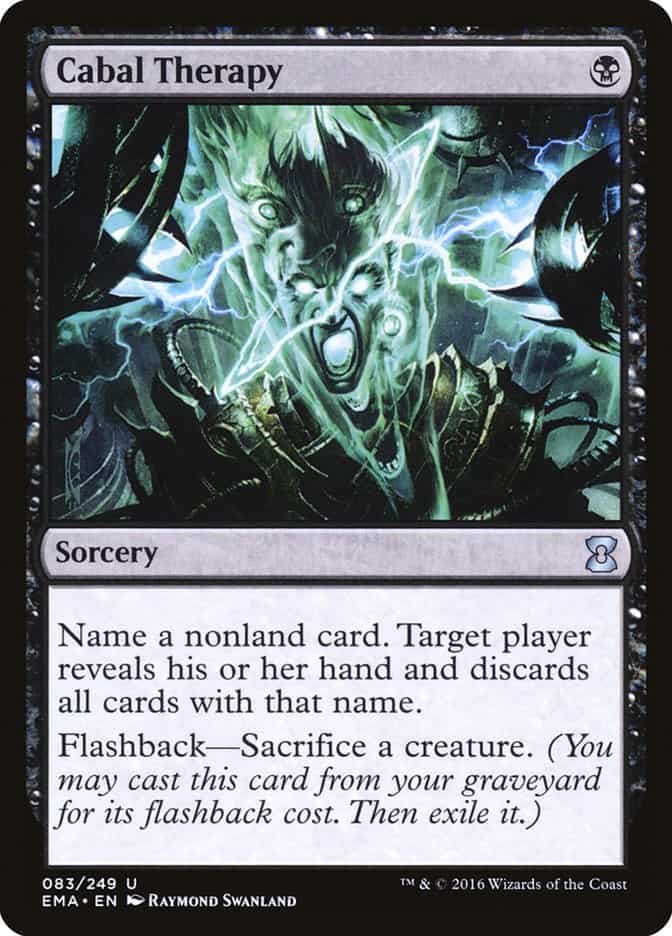
Does Sacrifice Cause Death Triggers to Activate?
In this situation, when we are referring to a “Death trigger“, we are talking about any card that does something when something else – or even itself – dies.
For example, the card Veteran Explorer is required to die in order to activate its ability and let you get 2 basic lands from your deck onto the battlefield. However, even if you sacrifice Veteran Explorer to activate Cabal Therapy’s Flashback ability, Veteran Explorer’s death trigger still takes place and you still get the lands – Nice!
FYI: This “combo” of sacrificing your own Veteran Explorer to Cabal Therapy was strong enough to have its own deck built around it in the format Legacy called “Nic Fit”.
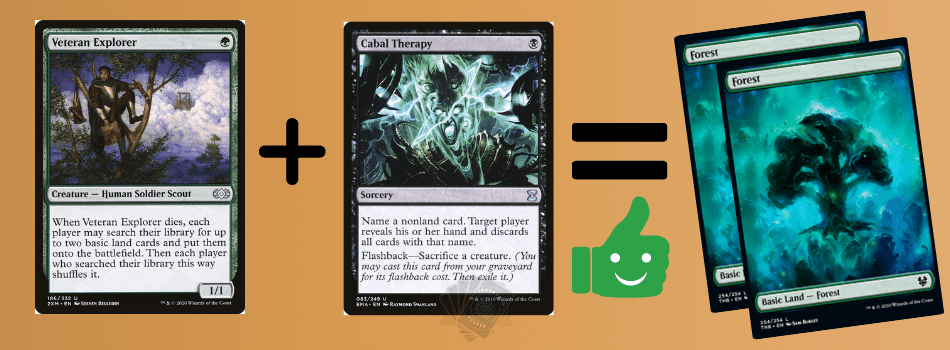
The main takeaway from this example is this:
A card that has an ability that refers to when a creature permanent “dies” is not concerned whether the creature will be sent to the graveyard as a result of:
- Receiving a lethal amount of combat damage.
- A spell, such as Hero’s Downfall, destroying the creature.
- A creature’s toughness being decreased to 0.
- A player being forced to sacrfice a creature.
As long as a creature is sent to the graveyard, it will trigger any “creature dies” effects currently in play even if the death was caused by sacrifice.
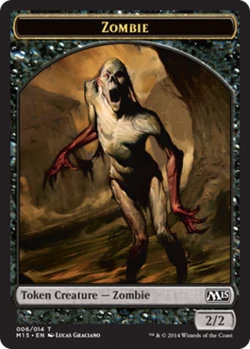
Do Token Creatures Die when They Are Sacrifice?
Token creatures often cause old and new players to get a little confused, but it’s normally caused by players overthinking the somewhat unintuitive way we physically move token creatures when they die.
When a token creature is sacrificed, it does “die”. Although most MTG players will just remove the token from the battlefield and place it off to the side somewhere, the token creature does, technically, momentarily visit the graveyard before it pops out of existence and is removed from play.
That means if a token creature is sacrificed, like any other creature, it technically dies and goes to the graveyard – causing any death triggers abilities to trigger like normal.
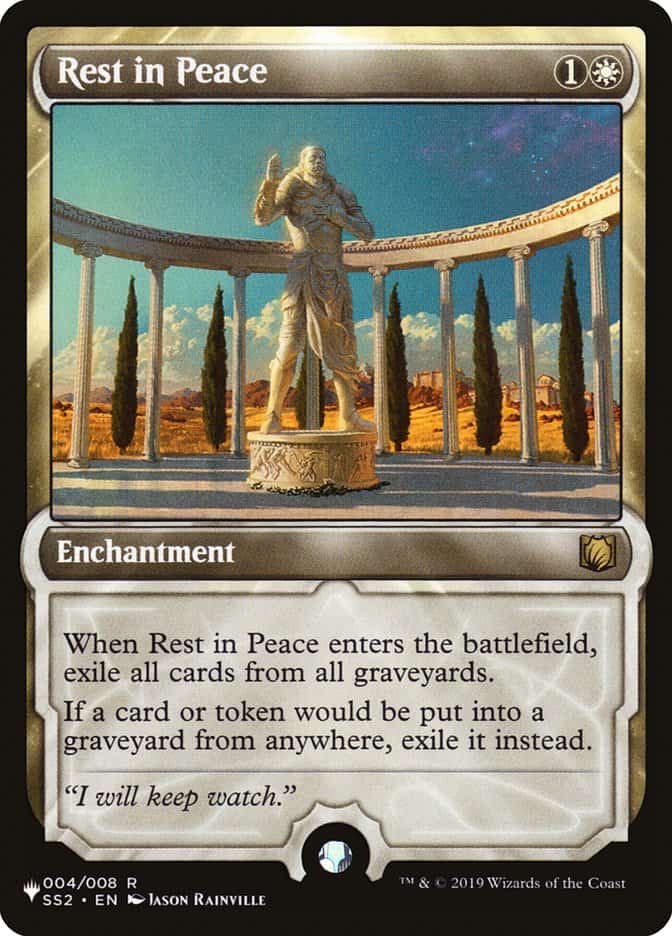
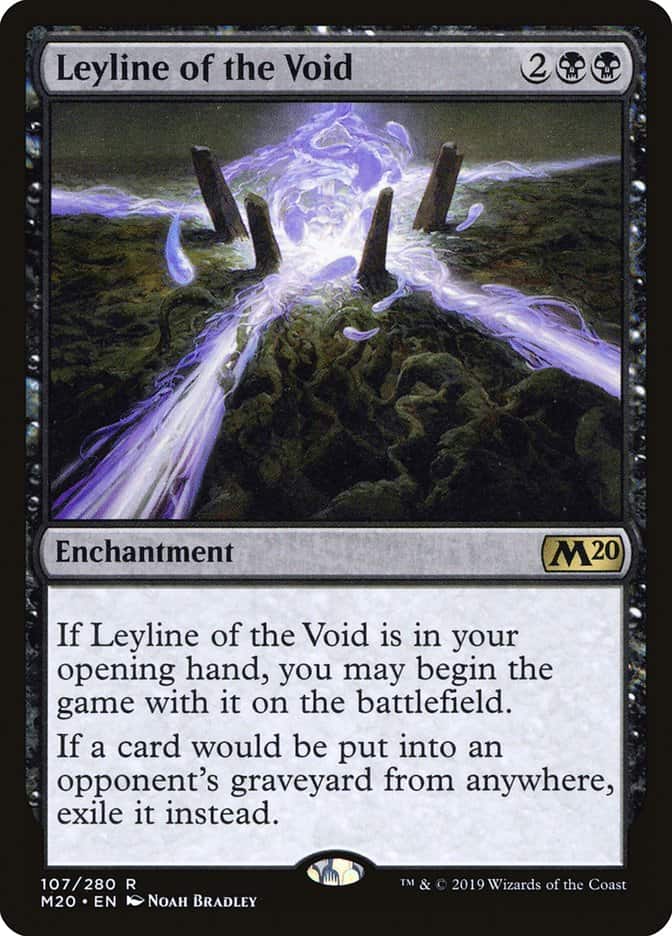
Does Sacrifice Count as Dying if There Is No Graveyard?
This is probably the one instance where sacrificing something is not functionally the same as having something die.
Remember, for a creature to “die” it has to go to the graveyard directly from the battlefield.
This means if any player has a card like Rest in Peace in play, creatures don’t “die” when they are sacrificed – Instead, they are exiled.
It may make it easier to think of it this way:
- Going to the Exile Zone = Exiled
- Going to the Graveyard Zone = Died
As you can probably work out from the name, but cards with Death triggers do not activate on cards that go to the exile zone.
Depending on which zone a creature card goes to after it has been sacrificed will determine whether it has died or been exiled. If you just pay attention to which zone the card is going to, you shouldn’t run into any problems.
Sacrifice and Dying Official Rules
700.6. The term dies means “is put into a graveyard from the battlefield.” It is used only when referring to creatures. (Source)
701.14a To sacrifice a permanent, its controller moves it from the battlefield directly into its owner’s graveyard. A player can’t sacrifice something that isn’t a permanent, or something that’s a permanent he or she doesn’t control. Sacrificing a permanent doesn’t destroy it, so regeneration or other effects that replace destruction can’t affect this action. (Source)
